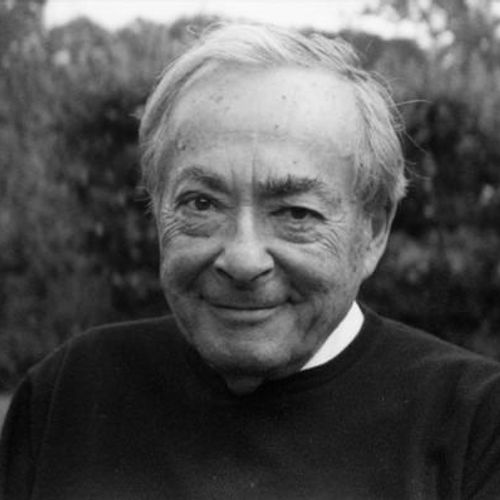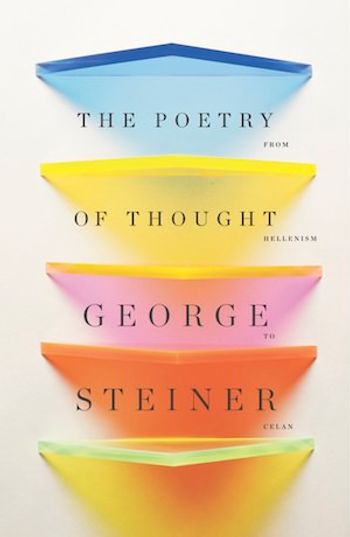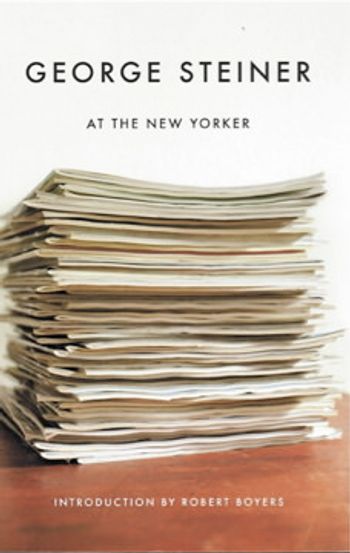George Steiner
Born in Paris, Professor George Steiner (1929-2020) was educated at the Universities of Paris, Chicago, Harvard, Oxford and Cambridge. He was a member of the editorial staff at The Economist in London during the 1950s before beginning an academic career as a fellow at the Institute for Advanced Study at Princeton University in 1956. He was appointed Gauss Lecturer at Princeton in 1959. Prof. Steiner has been a fellow of Churchill College, Cambridge, since 1961 and was Professor of English and Comparative Literature at the University of Geneva between 1974 and 1994. He has held visiting professorships at Yale, New York University, the University of Geneva and Oxford University. He is an honorary member of the American Academy of Arts and Sciences, an honorary fellow of Balliol College Oxford, and has been awarded the Chevalier de la Légion d’Honneur by the French Government and the King Albert Medal by the Royal Belgian Academy, the Truman Capote Lifetime Achievement Award for Literature in 1998 and in the same year was elected Fellow of the British Academy. He was the Weidenfeld Professor of Comparative Literature at the University of Oxford and the Charles Eliot Norton Professor of Poetry at Harvard University. He is currently Extraordinary Fellow of Churchill College at Cambridge University. He has been a regular contributor of reviews and articles to journals and newspapers including the New Yorker, the Times Literary Supplement and The Guardian. Professor Steiner lives in Cambridge, England.



